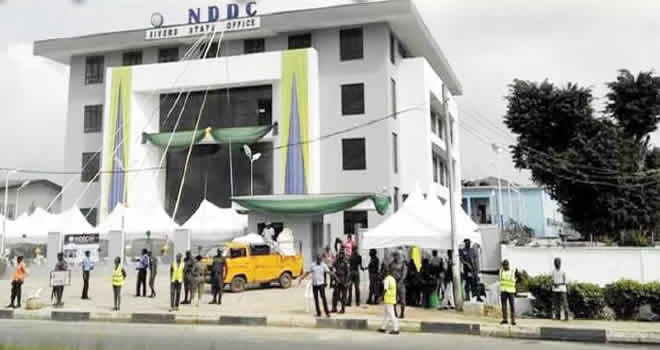CBN Compels Banks to Refund Costumers in Failed Transactions Within 48 Hours

In a far-reaching move to bolster consumer safeguarding and restore trust in the nation’s financial mechanisms, the Central Bank of Nigeria (CBN) has issued a strict directive compelling Deposit Money Banks (DMBs) and other financial entities to reimburse customers for unsuccessful Automated Teller Machine (ATM) withdrawals within a maximum of 48 hours.
The regulatory instruction is the centerpiece of a comprehensive draft guideline unveiled by the apex bank on Saturday, titled “Exposure of the Draft Guidelines on the Operations of Automated Teller Machines in Nigeria.”
The document, signed by Musa I. Jimoh, Director of the Payments System Policy Department, was disseminated to financial institutions, card schemes, payment processors, and independent ATM operators, with a deadline of October 31, 2025, for stakeholder input.
The circular emphasized that customers “must not be subjected to detriment arising from failed transactions attributable to system errors or network instability.”
In a significant policy shift, the CBN is mandating financial institutions to implement technology capable of automatic reversal for failed or partial disbursements, thereby eliminating the necessity for customers to file formal complaints.
Any funds retained by institutions due to failed payouts must be reconciled and returned without delay.
The CBN stated that these rigorous measures are a direct response to extensive public discontent regarding protracted refund delays and inadequate customer service, forming part of a wider initiative to elevate consumer protection, improve system reliability, and modernize Nigeria’s payment infrastructure to conform with international benchmarks.
The CBN intends to enforce compliance through regular audits, on-site inspections, and mandatory monthly reporting from ATM operators on deployments and locations. While specific financial penalties for non-compliance were not detailed, defaulting institutions face the risk of sanctions.
The apex bank justified the comprehensive revamp by citing an escalation in customer grievances related to failed transactions, cyber-fraud, and a general decline in service quality. It aims to forge “a payments system that functions flawlessly for all users, both in urban and rural areas.”
Nigeria’s digital payment ecosystem has seen exponential expansion, boasting 200 million cardholders and rising dependence on electronic banking.
However, persistent issues like network outages, poor infrastructure, and delayed reversals have eroded public confidence.
These fresh stipulations, succeeding a revision of ATM charges eight months prior, are anticipated to significantly streamline service delivery, strengthen transaction security, and enforce greater accountability from financial intermediaries.
Stakeholders are currently submitting their feedback before the final policy is adopted, which could become effective before the year’s close.









